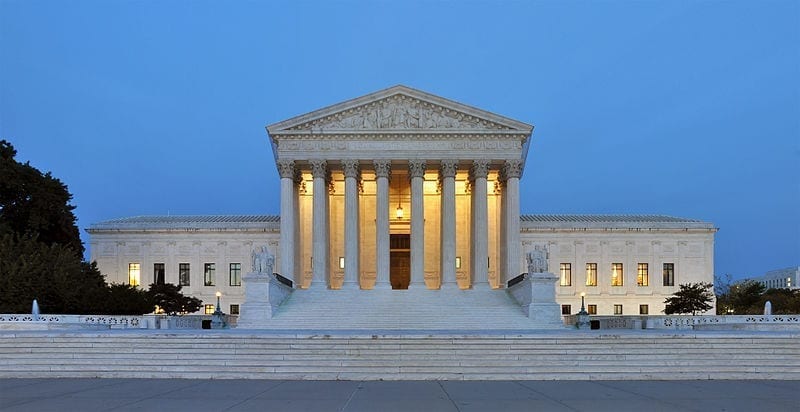The lawsuit was filed by a tenured Florida law professor who said FAMU lied in court about pay disparities between male and female faculty.
The United States has declined to hear a law professor’s appeal of her equal pay and sex lawsuit, which had been filed against Florida A&M University.
According to Reuters, the complaint was lodged by Jennifer Smith, a tenured professor at FAMU who teaches civil procedures. Smith sued the school in 2014, claiming that it paid female professors less money than their male counterparts.
But less than a year after Smith’s lawsuit began, a federal jury moved in favor of the university, saying that sex was not an explanation for the pay discrepancies cited in Smith’s complaint.
However, Smith did appeal the ruling to the 11th Circuit Court of Appeals.
In her appeal, Smith said that FAMU conducted an internal pay study after her case was dismissed. That study, Smith claimed, found that female law professors were, in fact, paid less than their male colleagues, and prompted the university to raise the salaries of about one-third of its law faculty.
Smith’s appeal alleges that FAMU committed “fraud on the court regarding [her] salary inequity case,” since Florida A&M University appeared to recognize the validity of her claims after the lawsuit concluded.

Interestingly, the school had initially recommended that Smith’s salary be raised to $138,000, almost on-par with that of the highest-paid male professor.
But FAMU later said that the professor was an “outlier,” and subsequently reduced Smith’s salary increase to $125,000 per year.
That increase, notes Reuters, is still above $5,000 higher than the salaries of other law faculty who received a raise after the discrimination study was released.
Nevertheless, in 2017, the 11th Circuit issued an unpublished decision which said it found no evidence of fraud.
Smith told Reuters that the appeals court appears to have made a “law,” which allows for employers to improperly categorize high-paid employees and thereby justify sex-based discrimination.
“What the 11th Circuit really created was a law that allows for employers to label [the] highest paid, which are traditionally men, as outliers,” she said.
Smith said she was disappointed that the Supreme Court declined to hear her appeal of the 11th Circuit’s unpublished opinion.
“It was [Justice] Thurgood Marshall, as well as [Justice] Clarence Thomas, interestingly enough, [who] have cautioned against ignoring unpublished opinions, because they end up becoming unchallenged law,” Smith told Reuters. “And I think that will happen in this case.”
Sources
Supreme Court Declines Female Law Professor’s Pay Bias Suit
Supreme Court won’t review Florida law prof’s salary discrimination case


Join the conversation!